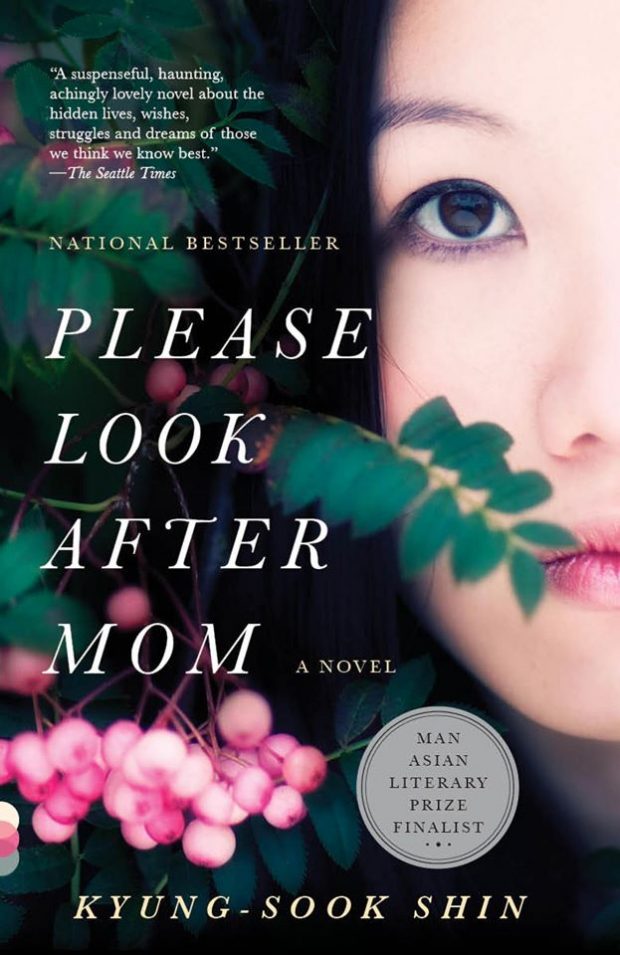Mom’s zucchini and bean paste soup

Original Publication Date: 2008
Publishing house: Changbi
Published in English: 2011, Alfred A. Knopf
“It’s been one week since Mom went missing,” and two daughters, two sons, and a bereaved father are left to pick up the pieces to an unexpected mystery of the woman they had all needed so much but taken for granted. On a busy afternoon, Mom goes missing in Seoul Station, to never return home again.
Her maiden name is Park So-nyeo, little girl in Korean. Yet, to her four children and husband, she has always and only ever been, Mom. In the aftermath of her disappearance, the children try to make sense of her absence, reliving past memories that shed light to the woman, So-nyeo.
“Why did I think of Mom as a mom from the very beginning? She didn’t have the opportunity to pursue her dreams, and all by herself, faced everything the era dealt her, poverty and sadness…Why did I never give a thought to Mom’s dreams?”
Across memories beginning to fade, So-nyeo’s family recalls the burden only Mom could carry, introducing the particular nuances and familial disputes of the Korean family: mistreatment by in-laws, days and nights spent in the kitchen, favoritism of the eldest son, betrayal of the typical stoic husband, and the sweat and blood put into feeding four selfish but precious children. Most importantly, they remember what could only be understood as unconditional love.
“Even when I was so busy…when I watched you sitting around the table, eating, I felt like there was nothing else I wanted in the world…You dug in happily when I made a simple zucchini-and-bean-paste soup, and your faces lit up if I steamed some fish once in a while.”
And in so doing, Author Shin Kyung-sook, with her first book to be translated into English, captivates the international audience with what was thought to only apply to the peninsula of Korea. From the rural town of Jeongup in North Jeolla Province, Mother’s clay jars filled with red-pepper paste and white Kimchi remind us what is true of mothers anywhere in the world, “Life is sometimes amazingly fragile, but some lives are frighteningly strong.”




























































